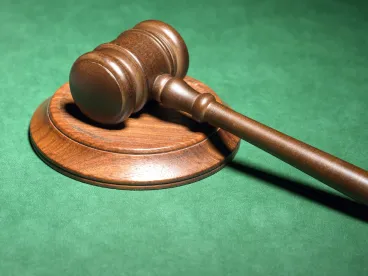On Monday, the Supreme Court heard oral argument in Spokeo, Inc. v. Robins, an important standing case. Although Spokeo itself is up from the Ninth Circuit, it bears noting that the Ninth Circuit’s opinion looks to, and relies upon, Sixth Circuit Article III jurisprudence, a backdrop that’s important to keep in mind for Sixth Circuit courts and practitioners as they study and apply the Supreme Court’s ultimate decision.
Spokeo involves the Fair Credit Reporting Act, a statutory scheme that includes a cause of action for plaintiffs to seek statutory damages in lieu of any actual damages to redress “willful” violations of the statute. The issue is whether the plaintiff has standing (as conferred by Congress) to bring such a claim where the only “injury” alleged is a violation of the statute. Resolving that question in the affirmative, the Ninth Circuit looked to Sixth Circuit jurisprudence and, specifically, the Sixth Circuit’s opinion in Beaudry v. TeleCheck Servs. In Beaudry, the Sixth Circuit explained that Congress’s power to confer standing to redress violations of a newly created statutory right (where the only “injury-in-fact” is a violation of that right) is only subject to two Constitutional limitations: (1) the plaintiff has to be among the injured in that the plaintiff’s statutory rights were actually violated and (2) the underlying harm that Congress elevates to a legally cognizable injury must be individual rather than collective.
We attended Monday’s oral argument and it is clear from the positions advanced by the parties and the Solicitor General’s office, as well as the questions raised by the Justices, that there are a myriad of possibilities for how the Supreme Court could ultimately decide the case. But while it’s impossible to predict what the Supreme Court will actually do, the subtleties of its ultimate decision are worth some careful thought by courts and practitioners in the Sixth Circuit as they apply Spokeo’s nuance against the backdrop that gave rise to it.



 />i
/>i

